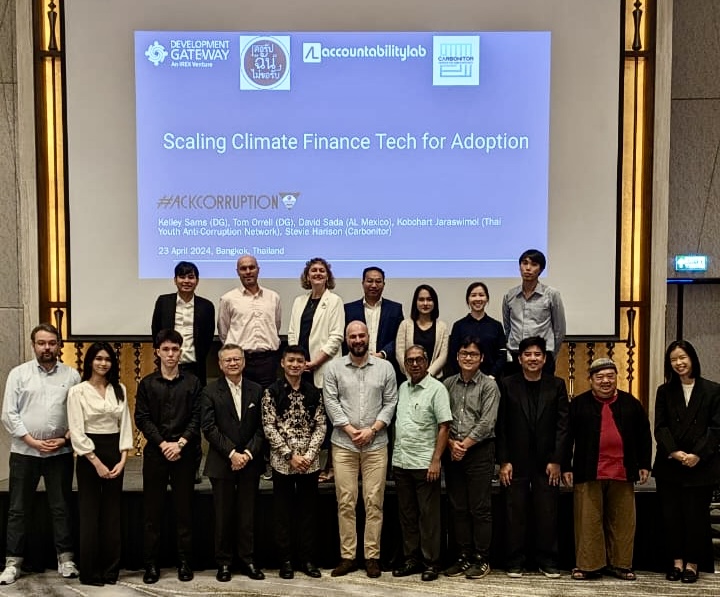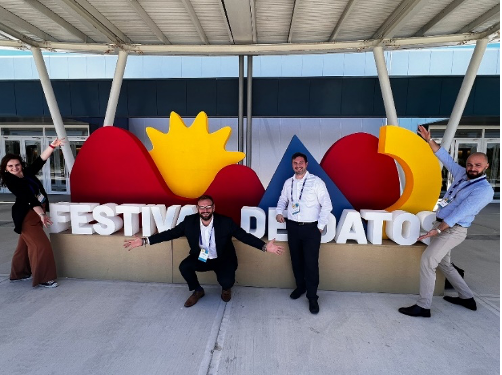MOOCs, Maps, & Robots, Oh My!
The World Bank’s Citizen Engagement MOOC (Massive Open Online Course) is underway, and with it we’ll hopefully see a few new ideas and projects to further citizen engagement from those participating in Track 2 (the Policy and Leadership track). If you’re eager to learn more about Citizen Engagement but aren’t ready to plan a project, then Track 1 is for you with its focus on understanding and evaluating current citizen engagement initiatives.
Those involved in citizen engagement should also be excited about the release of the Feedback Toolkit. The Toolkit includes a Quiz to let your organization see where the weak links in your feedback loop are. Based on the results of the quiz, you’ll be directed to the Resource Library with tools, guides and examples of how to strengthen and close your feedback loop.
Some good news for those who rely on mobile phone surveys, a popular function for improving citizen engagement: researchers at the Center for Global Development found that mobile phone surveys did reach the poor and gave a relatively good mirror of the population. This contrasted with many people’s concern that less affluent populations were being left out of mobile surveys.
Parents, teachers, students and government officials in Kenya now have access to information about the hundreds of schools in Kibera, of which most are unofficial, with the launch of openschoolskenya.org. Information collected includes school fees and how many teachers as compared to students are at the school. The data is available online and the map will be printed and distributed throughout the community in Kibera. The platform both provides stakeholders with access to data, and starts a feedback loop with users being able to comment on specific school profiles.
Kinshasa is finding success through replacing actual human traffic officers with robots – robots that direct traffic and give out tickets. Many of the citizens of Kinshasa are happy with the robots, which provide more safety and organization to the congested streets and don’t take bribes. However, others are wondering why they don’t put in more traffic lights, which are less costly than the giant robots, and spend more effort on improving urban planning.
This piece has been modified and was originally posted on the First Tranche.
Share This Post
Related from our library

The Future of Technology Governance and Global Development: Why DG Brought DataReady In-house
DG is excited to announce we now have more robust data governance advisory services with the recent integration of DataReady.

Letting the Sunshine in: Building Inclusive, Accountable, and Equitable Climate Finance Ecosystems
In April, DG, HackCorruption, and the Thai Youth Anti-Corruption Network hosted a roundtable in Bangkok to discuss climate financing. This blog explores the main takeaway: a multi-disciplinary and multi-stakeholder approach that prioritizes local contexts, inclusive governance, transparency, accountability, and equitable distribution of resources is essential to impactful climate financing.

Developing Data Systems: Five Issues IREX and DG Explored at Festival de Datos
IREX and Development Gateway: An IREX Venture participated in Festival de Datos from November 7-9, 2023. In this blog, Philip Davidovich, Annie Kilroy, Josh Powell, and Tom Orrell explore five key issues discussed at Festival de Datos on advancing data systems and how IREX and DG are meeting these challenges.